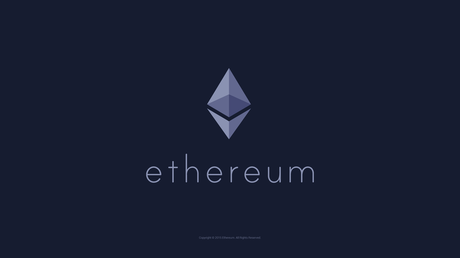So a couple years ago Ethereum rolled out the Ethereum Name Service (ENS) The domains end in .ETH. During the rollout the .ETH domains had to be 7 characters or more. But now they are going to roll out the short .ETH domains. And they ain’t cheap.

EnCirca who just extended pre registration to August 9, are offering the following:
- 3-character domain names $1920
- 4-character domain names $480
- 5 and 6 character domains $25
- 7 and more character domains $25
You also must own the domain in another extension, Note that there is no support for Sunrise or TMCH. But during the pre-registration phase, priority will be granted to applicants with the longest held domain name in the traditional TLDs, such as .COM or .CA. Thus, this is the best opportunity for trademark owners to defensively register their short trademarks.
Now it seems like names are cheaper if you go straight to reserve.ens.domains
Domains being claimed must be 3-6 characters long
Each application must be accompanied by the fee for a year’s registration ($5 in ETH for a 5-6 character name, $160 in ETH for a 4 character name, and $640 in ETH for a 3 character name).
Christine Kim wrote a piece on CoinDesk.com back in April that outlined all the new changes going on with .ETH domains.
One point was, the new ENS system will eventually be opening up a three-step allocation process similar in part to the blind auction process for domain names shorter than seven characters. Finally, for all domain names longer than seven characters, users will have to pay an annual fee of $5 in order to guarantee ownership over the name.
Nick Johnson wrote on Medium that they want to keep domain hoarding down.
Also, imposing a cost on name registrations is necessary to limit ‘land grabs,’ where thousands of domains are registered for resale. The interim registrar achieved this with a deposit based scheme: funds bid on the name are locked up in a deposit contract, and refunded when the name is released. But experience has shown us that this is less effective than we had hoped.
Registrants seeking to resell the domain only have their funds locked up until they find a buyer, or until they release the domain, while registrants intending to put the domain to use must consider the funds locked up indefinitely. Any permanent registrar needs to change this balance, ensuring that speculative registration is at least as expensive as it is for legitimate users.
